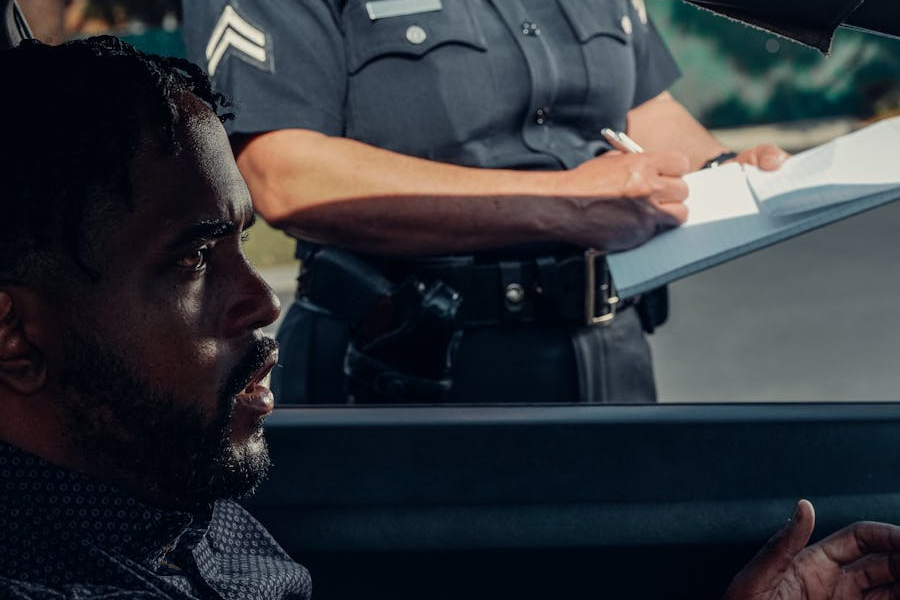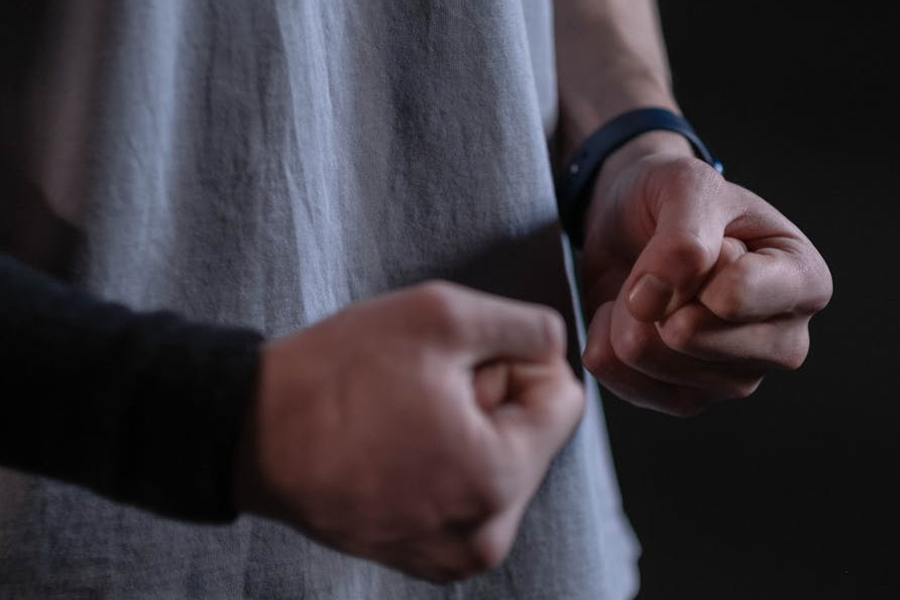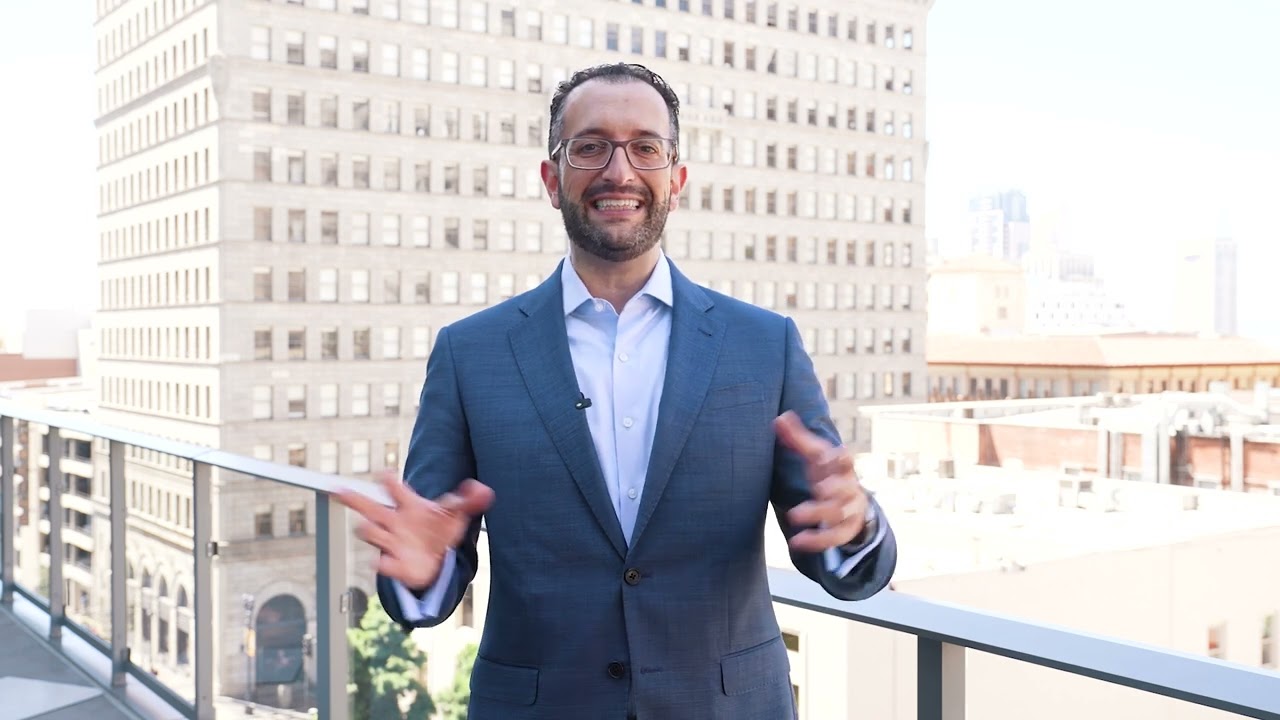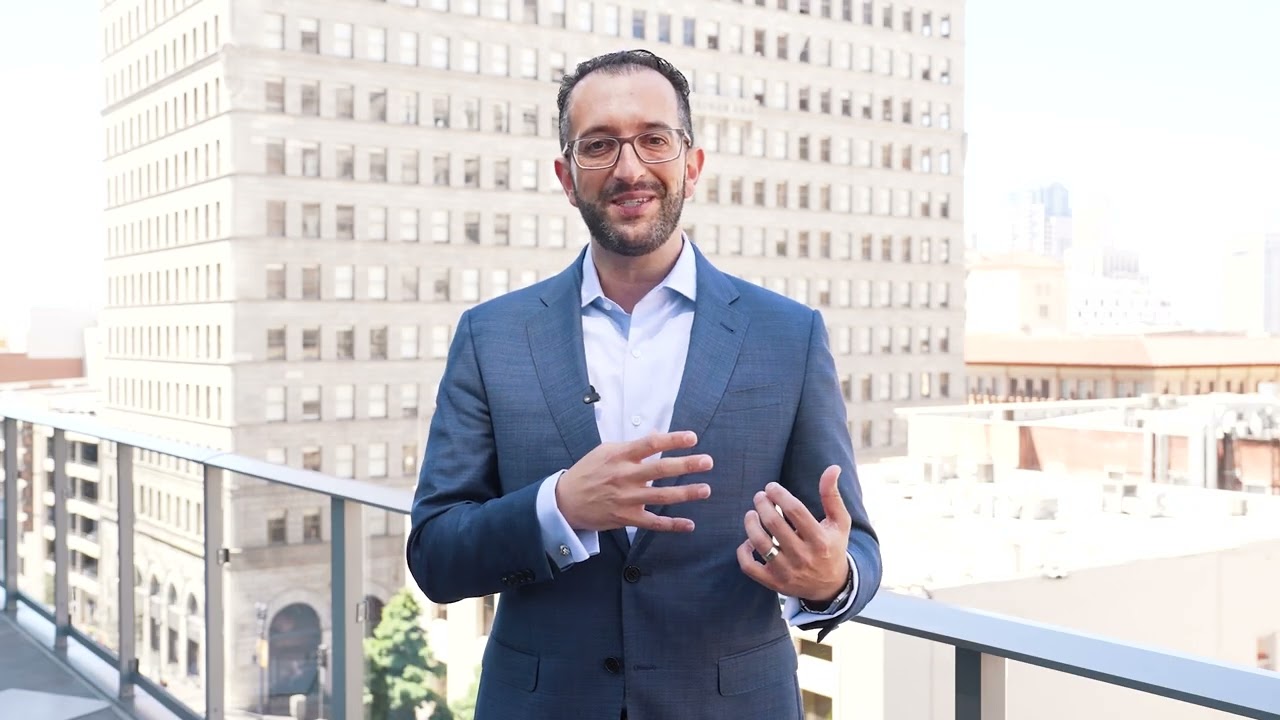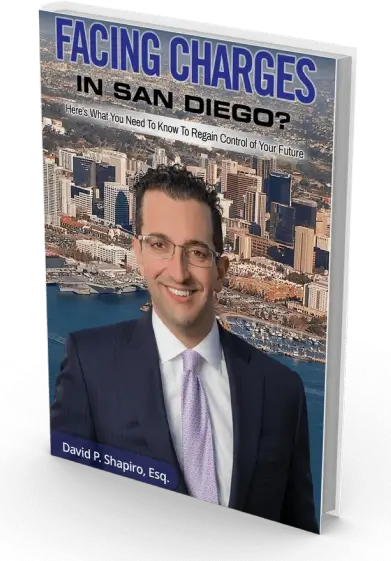Reasons You May Be (Lawfully) Pulled Over by Law Enforcement
Speeding
This one is a no brainer. It is by far the most common reason a driver would get pulled over. Depending on how fast the driver is going and if there is any accident or injuries, this may even lead to serious criminal charges that go beyond a simple speeding ticket.
Tinted windows
Having non-factory tinted windows on your windshield, side windows, or rear windows is not allowed in California per Vehicle Code section 26708.5 . Non-factory tinted windows could hinder a driver’s view of the road, particularly when driving at night, and it may impede law enforcement’s view of inside the vehicle when approaching.
No License plate or covered license plate
You must have a front and rear license plate on your vehicle, but if you are only issued one, then it must be attached to the rear, per Vehicle Code section 5200. The license plates must also be unobstructed, so that every number and/or letter is visible. Some vehicles are exempt.
Suspicion of driving under the influence
It is common for law enforcement officers to pull someone over if they reasonably suspect the driver has been impaired due to alcohol or drugs. For instance, if you are seen by an officer swerving or straddling lanes, you may be suspected of being under the influence and will likely be pulled over.
Having inoperable lights
Not having the brake lights or headlights working properly is another common reason people are pulled over because you are required by law to be equipped with “lighted lighting equipment” when driving at night per Vehicle Code section 24250.
Additionally, you can also be pulled over if you do not dim your high beams when you are approaching an oncoming vehicle within 500 feet and 300 feet when approaching from the rear, as required by Vehicle Code section 24409. This is to avoid any accidents caused by the glare of the high beam on drivers.
Tailgating
While it is not common to get pulled over for tailgating, an officer can legally pull you over for driving too close to the vehicle in front per Vehicle Code section 201703. It is important to keep a safe distance between your vehicle and the vehicle in front to avoid accidents and getting pulled over.
Cell phone use
You can get pulled over for being on your phone because it can cause you to be distracted and impede your ability to drive safely.
Vehicle Code section 23123 makes it illegal to use your cell phone while driving, unless it is being used in a way that allows hands-free listening and talking, or if you are using the cell phone for an emergency purpose, like calling 911. This law does not apply to certain emergency service professionals operating an authorized emergency vehicle like ambulances and fire trucks.
Vehicle Code section 23123.5 specifically allows drivers to use their hands while using cellphones when driving, but only under the conditions that the cellphone be mounted on the vehicle’s windshield, dashboard, or center console in a way that does not impede the driver’s view of the road; and the hand involvement is limited to activating or deactivating a feature/function of the cellphone with a single swipe or tap of a finger.
However, if you are under the age of 18, you cannot use your cell phone at all pursuant to Vehicle Code section 23124 (not even if it is being used in a hands-free manner).
It is important to note that law enforcement may use any of the above-mentioned reasons to pull a driver over, which can lead officers to suspect other criminal activity that gives probable cause to search you and your vehicles, thus potentially exposing you to greater criminal liability.
You can learn more about when police can search your car after a traffic stop in this video here by Managing Partner David P. Shapiro.
If you or a loved one are facing criminal charges and want to learn more about the legality of the initial detention (i.e. a traffic stop), and your options arising therefrom, give us a call today at (619) 295-3555 to set up a case evaluation with one of our attorneys.
The contents of this article and blog are meant for informational and marketing purposes only and do not constitute legal advice. Viewing and/or use of the blog does not form an attorney-client relationship. No statements in this post are a guarantee, warranty, or prediction of a particular result in your case.


